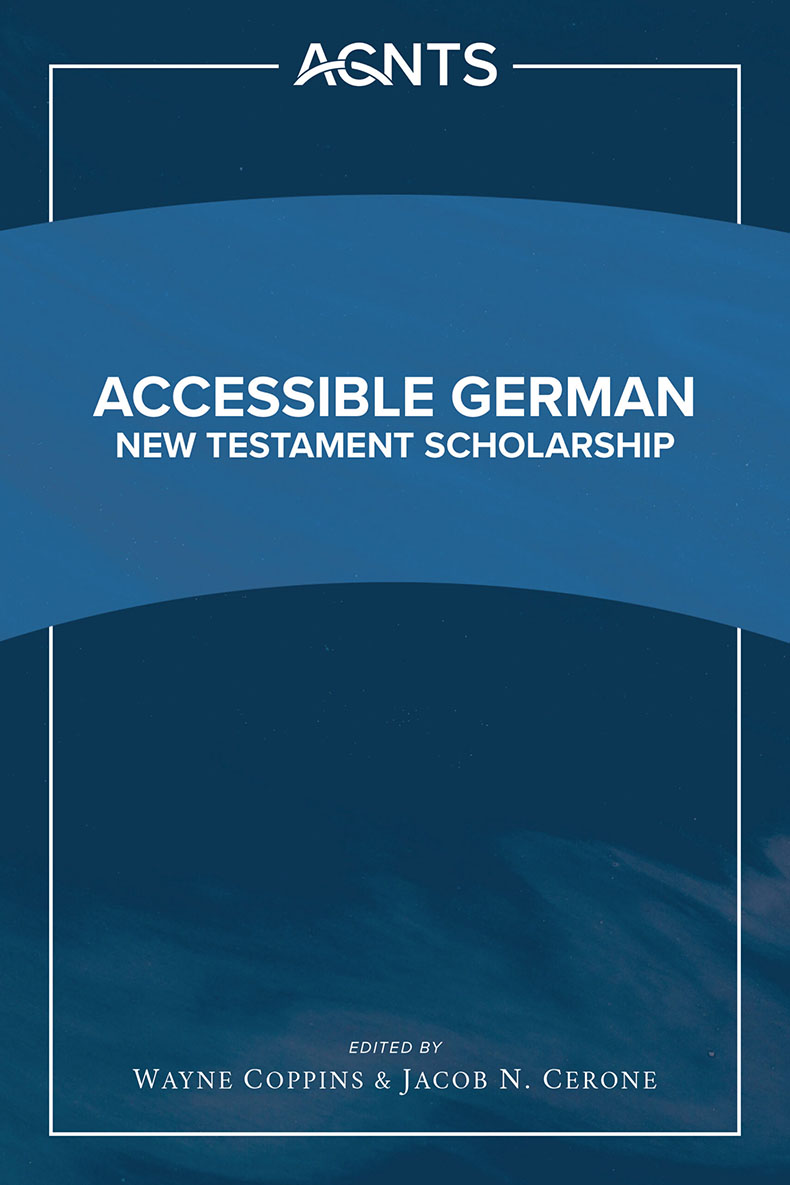It is time for a retrospective on the origin and main emphases of the biblical theology of the New Testament as it was taught in Tübingen. For what Hartmut Gese, Otto Betz (1917–2005), Martin Hengel (1926–2009), and I, together with Gert Jeremias (1936–2016) and Otfried Hofius, advocated is being forgotten. This is, to be sure, not that surprising, for in theological faculties the next generation of (exegetical) professors usually teach differently from their predecessors. This can constitute an advance. It is, however, regrettable that with the respectively new teaching the insights of the earlier perspectives are covered up and problems that appeared to be resolved are debated anew. This applies in Tübingen for the renewed appreciation for the hermeneutics and exegesis of the great Marburg theologian Rudolf Bultmann (1884–1976). We old ones met him personally and his theology was well known to us. The work of Eberhard Jüngel (1934–2021) was fundamentally shaped by Bultmann, Ernst Fuchs (1903–1983), and Karl Barth (1886–1968). And my academic teacher Ernst Käsemann (1906–1998) was also a prominent student of Bultmann, though also his sharpest critic. As Käsemann’s assistant, I studied Bultmann’s work intensively and attempted for some time to travel with him along his way. Sensitized by Käsemann, however, I struck, in the course of time, upon exegetical errors and hermeneutical deficiencies in Bultmann that required correction. They are now again being discussed anew. … Download PDF to read more.
Title: The Tübingen Biblical Theology of the New Testament – A Retrospective
Translator: Wayne Coppins
Article Type: Article
Language: English
Pages: 47–66
Keywords: biblical theology; Tübingen
In: Accessible German New Testament Scholarship
In: Volume 1
Publisher: Accessible German New Testament Scholarship
E-ISSN: 3068-6660
Subjects: New Testament, Biblical Studies, Biblical Exegesis, biblical theology, church history
